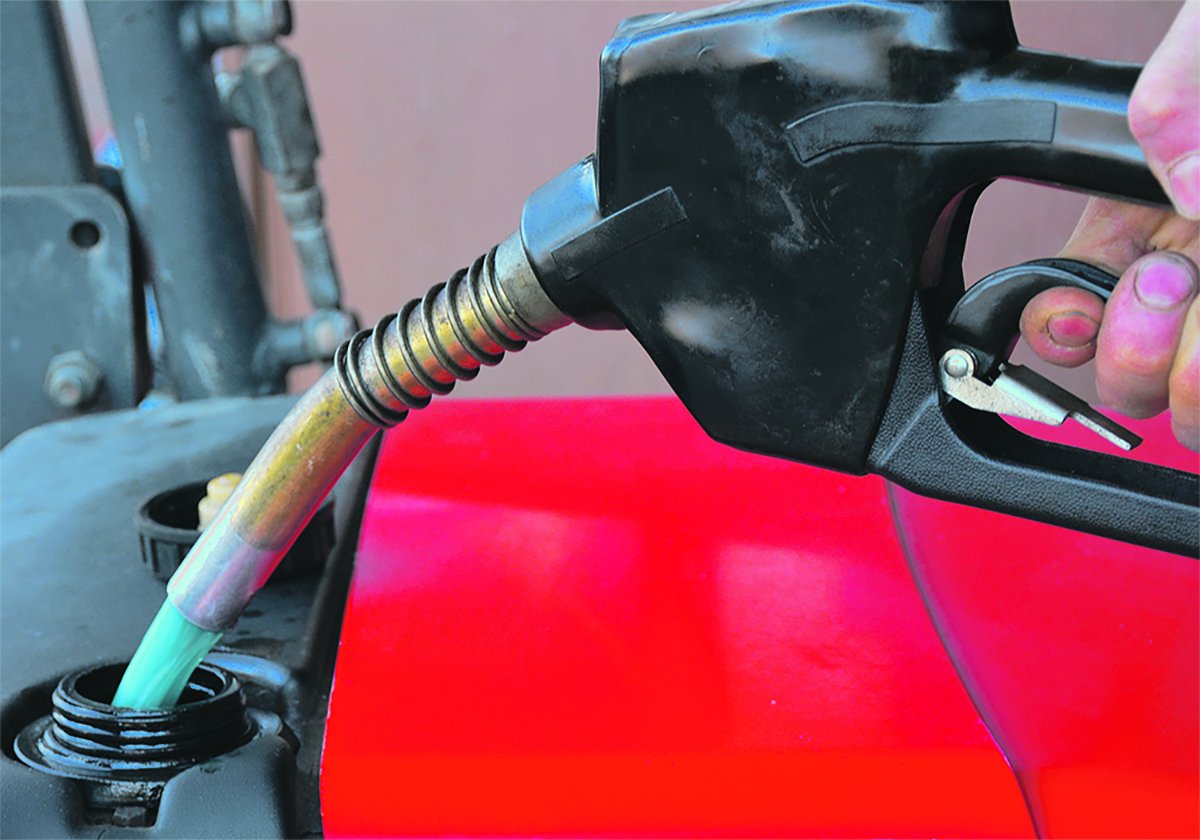The Alberta government is willing to listen to offers for its $106 million loan to Ridley Grain Ltd., which owns the grain handling terminal at Prince Rupert, B.C.
But a government official says the province is not actively looking for a way to get the loan off its books.
Questions about the government’s intentions were raised following statements in the legislature last week by provincial treasurer Stockwell Day to the effect that the government wanted to sell the loan.
Trish Filevich, a spokesperson for the department, said in an interview later that the minister was not suggesting the province is trying to get out of its deal with Prince Rupert Grain Co.
Read Also

Alberta may eliminate marked fuel
Alberta may soon stop selling dyed gasoline and diesel.
“If an opportunity came up to do that, where it was a good thing for taxpayers, we would take a look at it,” she said. “But we’re not doing anything right now. We’re not in negotiations or anything at all right now.”
She emphasized that PRG is up to date on its payments.
Kerry Hawkins, vice-chair of Prince Rupert Grain, said the consortium of grain companies that owns and operates the northern B.C. terminal has ongoing discussions with the provincial government about the terminal’s finances but is not aware of any plans by Alberta to get rid of the loan.
But he added if that were to happen, it wouldn’t affect the operation of the terminal.
“We just pay whoever has the loan and pay them what the loan says,” he said.
The terminal operators’ ability to make payments on the loan is determined largely by how much grain moves through the facility.
The terminal has been hurt in the past two years by the end of the Western Grain Transportation Act subsidies, which equalized freight rates from the Prairies to Prince Rupert and Vancouver. Now it costs more to ship grain to Rupert. That change led the government to reduce the value of the loan by $8.6 million last year.
The slowdown in grain movement and drop in export sales this year is also reducing the terminal’s bottom line.
“Virtually all of the income that comes from operations goes to pay off our debt and our loan and when we have good export years, we do that,” said Hawkins. “This year it’s likely that we’ll fall a little bit short but next year if we have a big crop then we’ll be over and so we make it up.”














